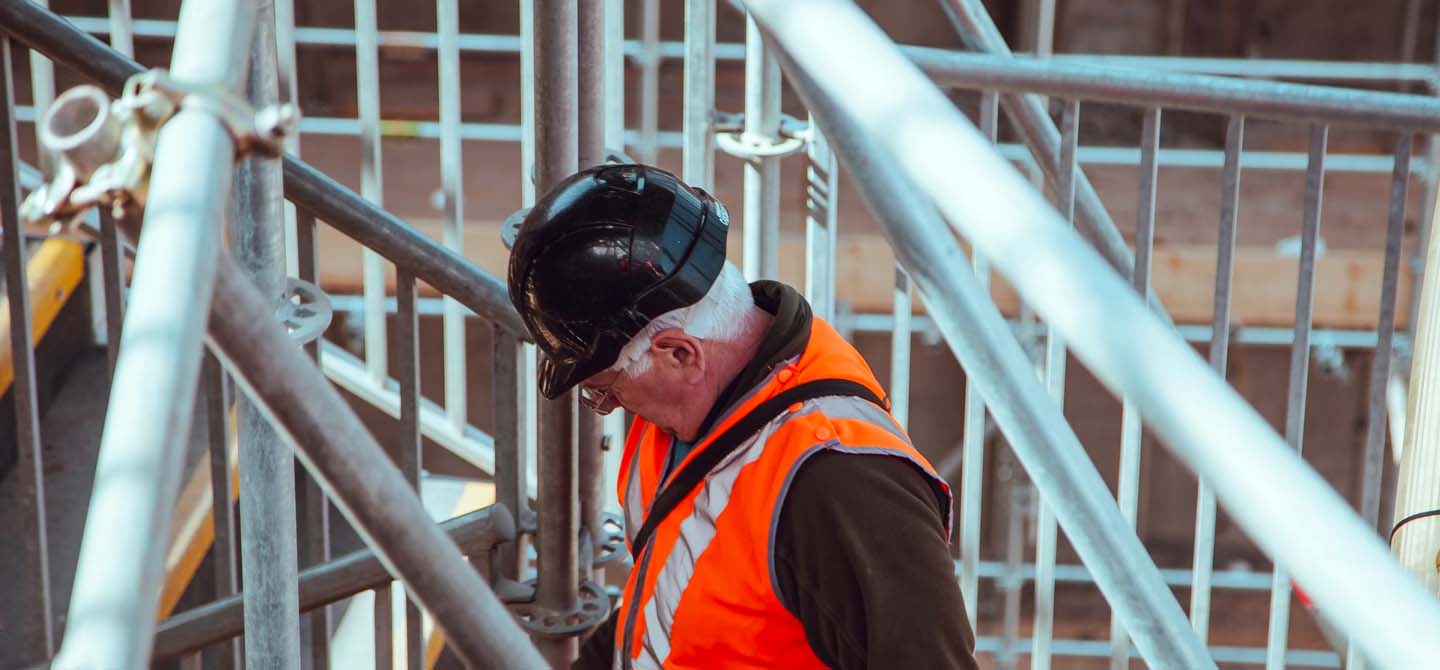Menu
Building projects in Australia are highly regulated by a number of common law and statutory obligations. Understanding your legal concerns in the construction industry can be quite daunting, here is a break down of a few key areas of the law.
Contract law
A significant number of legal issues in the construction industry stem from contract law. A contract is only legally enforceable if it adheres to the contract law requirements of offer, acceptance, certainty, consideration, the legal capacity of the parties, the parties intend to be legally bound and compliance with formalities. The contract will stipulate how construction issues such as delays, inability to source supplies and wet weather are dealt with. It will also attribute liability to the parties for particular issues. It is crucial that all parties understand their rights and responsibilities under the contract, how to deal with disputes and how to terminate the contract.
The National Construction Code (NCC)
The National Construction Code is published by the Australian Building Codes Board (ABCB). The NCC sets the minimum standards which must be met for: health and safety, amenity and accessibility, the sustainability of design, construction, performance and livability of building projects throughout Australia. The NCC comprises of:
- Volume 1 – Building Code of Australia: Mainly applies to multi-residential, commercial, industrial and public buildings and structures.
- Volume 2 – Building Code of Australia: Mainly applies to residential and non-habitable buildings and structures.
- The Plumbing Code of Australia: Applies to the plumbing and drainage for all buildings.
Security of Payment
All states and territories have security of payment legislation which regulates progress payments and payment claims. These statutes aim to resolve disputes in a low-cost manner and reduce insolvency in the industry.
| Building and Construction Industry Security of Payment Act 1999 (NSW) |
| Building and Construction Industry Payments Act 2004 (Qld) |
| Building and Construction Industry Security of Payment Act 2009 (SA) |
| Building and Construction Industry Security of Payment Act 2009 (Tas) |
| Building and Construction Industry Security of Payment Act 2002 (Vic) |
| Construction Contracts Act 2004 (WA) |
| Building and Construction Industry (Security of Payment) Act 2009 (ACT) |
| Construction Contracts (Security of Payments) Act (NT) |
In the NSW Security of Payment Act, for example, contractors are conferred a number of protections including minimum interest rates on late progress payments, a statutory right to make regular payment claims, a statutory right to suspend work following non-payment, a statutory right for subcontractors to directly obtain payment from the head contractor’s client when an adjudication application is made.
Work Health and Safety (WHS)
Similar to other industries, the construction industry must abide by Work Health and Safety laws and regulations. A ‘person conducting a business or undertaking’ (PCBU) (including the principal contractor of a construction site) that carries out construction work is required to manage and control WHS risks and ensure the construction site is secured from unauthorised access. Specific duties are placed on principal contractors in the construction industry, such as a duty to prepare, review, keep and inform others about the WHS management plan for the project.
Additionally, projects which are considered ‘high-risk construction work’ place additional WHS duties on the PCBU, including, an obligation to develop, comply and review a safe work method statement for the project and to provide a safe work method statement to the principal contractor. For example, high-risk construction work may involve: an individual at risk of falling more than 2 metres, demolition of an element of a structure that is load-bearing, disturbing asbestos, structural alteration or repair that requires temporary support to prevent collapse.
The construction industry also has state-specific WHS obligations.
Other relevant legislation, standards:
- Competition and Consumer Act 2010
- Australian Consumer Law
- Disability (Access to Premises-Buildings) Standards 2010
- National Prequalification System for Civil (Road and Bridge) Construction Contracts
- Environment Protection and Biodiversity Conservation Act
- Heritage Protection
- Native Title
Takeaway
The construction industry is regulated by several statutory and common law rights and obligations. Understanding the rights and obligations created by your specific contracts is central to mitigating liability in the construction industry. The National Construction Code applies throughout Australia. However, there are many state and territory statutes which also apply. This overview is not conclusive and merely an introduction to key legal issues in construction law.
If you would like to speak with our construction lawyers, just contact us via 1300 337 997 or by filling out the contact form.






